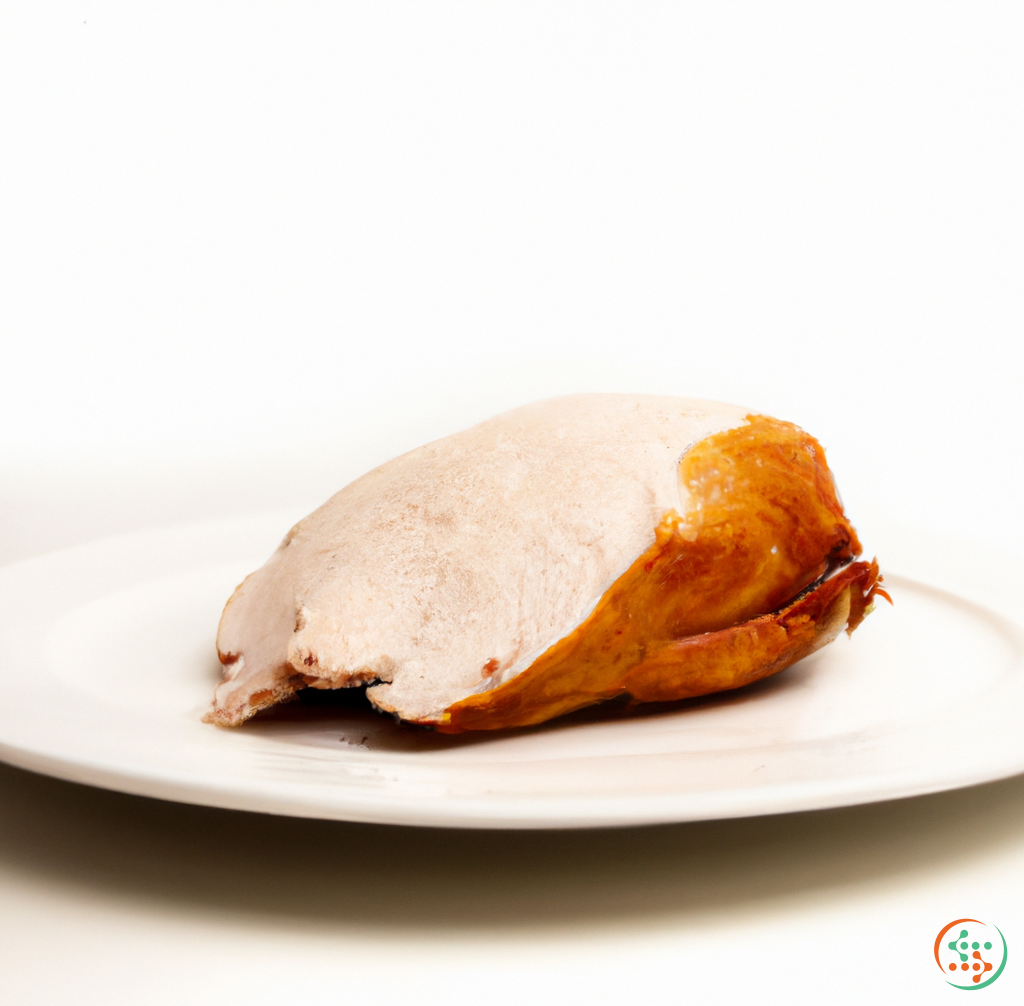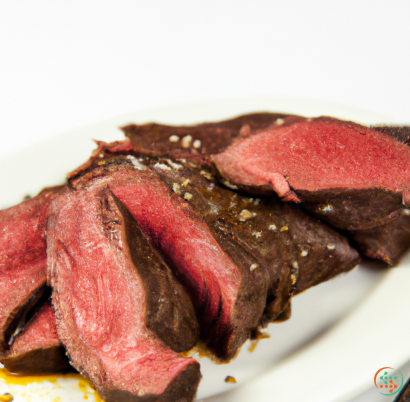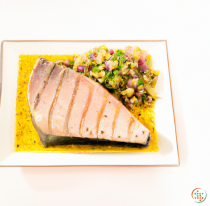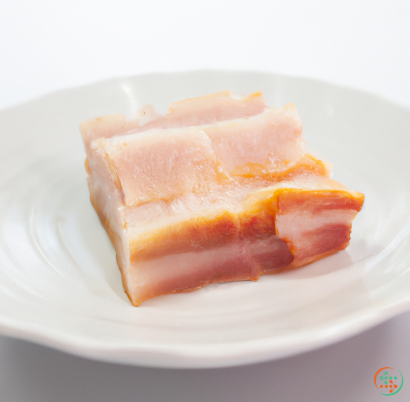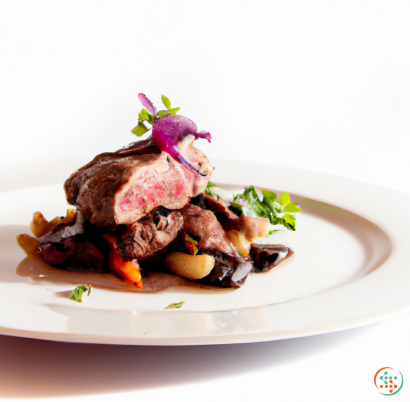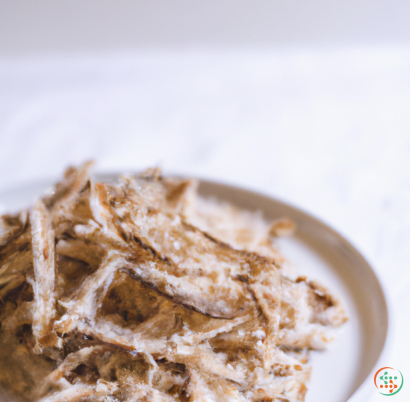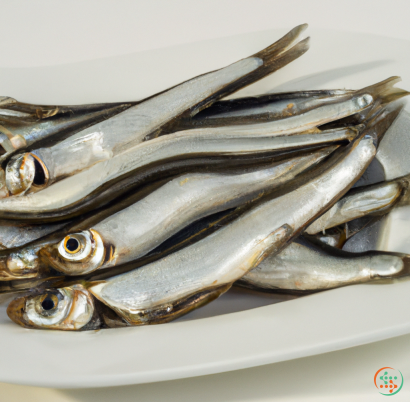Turkey Meat: Complete Mineral Profile
Turkey Meat: Considered a good source of minerals?
Yes, turkey meat is a good source of minerals. Minerals are essential for the body to carry out various physiological functions and build strong bones and teeth. Turkey typically contains some common minerals including phosphorus, calcium, magnesium, zinc, iron, and selenium.
Phosphorus is necessary for energy production, healthy digestion, and cell repair in the body. It also helps maintain proper acid-base balance, create new proteins, and store genetic material. Additionally, it aids in maintaining normal kidney function. An average 3-ounce serving of dark turkey meat provides approximately 45 milligrams (mg) of phosphorus.
Calcium is crucial for building and keeping bones and teeth strong. It also plays a role in nerve impulse transmission, muscle contraction, and blood clotting. A three ounce serving of turkey breast provides 12 percent of the Daily Value (DV).
Magnesium helps regulate glucose balance, promotes healthy muscles, supports cardiovascular health, and contributes to nerve transmission. The DV of this mineral can be met with just one serving of turkey - one piece weighing around three ounces provides 8% of the recommended daily value.
Zinc is an important factor in wound healing, immune response, growth and development, regulating metabolism, and maintaining sense of taste and smell. Eating about two ounces of skinless turkey will provide 18 percent of the DV.
Iron has several roles, such as carrying oxygen from one cell to another and forming red blood cells. Around 0.7 milligrams (mg) of iron exists in skinless cooked turkey per 3-ounce serving, which is around 10 percent of the DV.
Selenium works as part of antioxidant enzymes that protect the body from damage caused by oxidation. In turn, this keeps our organs functioning optimally. Skinless roasted turkey breast supplies 19 micrograms (mcg) of selenium. This accounts for 27 percent of the Recommended Dietary Allowance (RDA).
Turkey Meat ‐ Mineral Information
Introduction
In terms of dietary components, minerals are among some of the most essential for human health. Minerals found in food, such as turkey, are critical for many biological activities, including electrolyte balance and pH regulation, enzyme activation, nerve signaling, and structural integrity of bones and teeth (1). As turkey is a widely eaten type of meat, primarily during holidays such as Thanksgiving, it is important to note what minerals can be found in this type of meat. Therefore, the following paper shall investigate which minerals are included amongst the list of components obtained from eating turkey meat.
Body
Minerals consist of various types of micro- and macronutrients needed by the body to grow, develop, heal, and repair organs, tissues, muscles and regulate different metabolic processes throughout the body (2). The primary source of both macro- and microminerals are plants and animal sources; typically, animal sources may provide more bioavailable forms of these compounds vs plant sources (2). Turkey has been one major mainstay as a “red” animal protein source since the 1900s. These proteins provide a wide array of amino acids and also vitamins and minerals--many being very nutritionally dense when compared with other red meats, making them an ideal choice for lean protein consumption (3). In comparison with beef or pork, several nutrients - specifically selenium and vitamin B6 – offered higher concentrations in turkey meat. To reiterate, turkey meat provides essential mineral components in our diet that general medical providers must take into consideration (4).
When discussing specific nutrient components within turkey meat, there are many essential minerals that are made available through its consumption, mainly phosphorous and calcium. Phosphorus helps form strong bones and teeth in combination with the mineral calcium (5). It can also contribute to healthy energy metabolism, while aiding in acid and base relations in body cells and regulating hormones like insulin (5). Consuming adequate amounts of phosphorus is beneficial for tissue structure maintenance and immune system support, heightened immunity, enhanced brain learning capacity and proper utilization of carbohydrates, fats, and proteins. All of these occur due to it enabling enzymes natural functional ability (6).
On top of phosphorus, another essential element in turkey is calcium. Calcium acts as a cofactor for many enzymatic reactions and is necessary for muscle contraction and growth (7). Calcium development occurs by formation occurring inside the bones, allowing it to maintain exceedingly rigid properties within their matrix (8). Specifically, calcium works alongside other minerals to perform key physiological functions, such as muscular contractions, transmission of nervous signals and hormone secretion (9). Furthermore, calcium plays multiple roles in maintaining optimal levels of blood pressure and protecting against cardiovascular disease (10). Without adequate amounts of calcium, bones will become brittle and prone to fracture and injury; therefore, regular consumption of foods high in calcium is recommended (11).
Apart from those two, Magnesium is another mineral present in turkey meat that is known to enable over 300 biochemical reactions within the human body (12). This element assists with energy production, improves digestion and influences the formation of proteins, genetic material, cholesterol and helps in the release of stored energy (13). Since approximately 50% of people ingest less magnesium then required, ingested in reduced rates than former decades ago, it brings about concerns related to certain illnesses associated with low magnesium intake such as diabetes and heart disease (14). Thus, getting enough magnesium from foods like turkey is highly important as it enables better bodily control, oxygenaion and synthesis across many pathways.
Moreover, Zinc is another significant mineral content found in turkey meat which serves an important role in cell division, acting as catalysts for multiple enzyme processes and supporting essential metabolic functioning (15). In addition, zinc aids in growth processes requiring cellular replication and fragmentation, similarly to how phosphorus aids in energy metabolism (16). By developing stronger immune system responses, it showcases its vital role in recovery processes and preventing cellular damage due to foreign matter introduced (17). Lack of proper zinc supplementation can result in weakened gastrointestinal movements where lack of absorption further effects efficiency.
Finally, Selenium is yet another important mineral content present in turkey meat which supports detoxification processes and repairs oxidative damages induced by free radicals within its chemical composition (18). Selenium binds with other elements, forming antioxidants which protect upon hostile environmental stimulus applied. Such antigenic burdens include smoke and air pollutants which create chain chemical reactions known to be detrimental to human health (19). Consequently, via tracking and understanding selenium components can help identify potential risks linked to long term exposure to certain compounds.
Conclusion
In conclusion, turkey meat contains a variety of essential minerals, such as phosphorus, calcium, magnesium, zinc, and selenium. Each of these offers unique benefits not offered by other meats or even plant sources, making it one of the most desirable options for achieving nutritional requirements. Moreover, consuming properly balanced amounts of these minerals is especially crucial for optimal well-being, given that deficiencies of certain minerals can lead to impaired cognitive performance, increased vulnerability to certain illnesses. For this reason, it is advised to regularly consume poultry products in order to ensure sufficient supplies of critical minerals are consistently delivered to the body.
References
1. Parikh, S., Agarwal, S., & Khandia, R. (2013). Introduction to Nutrition and Metabolism. New Delhi: Jaypee Brothers Medical Publishers.
2. Greger, M. (2017). What Are Macronutrients and Micronutrients? Retrieved May 7, 2020, from https://nutritionfacts.org/video/what-are-macronutrients-and-micronutrients/
3. Brown, EJ, et al. “Turkey as Part of a Healthy Diet: A Review.” Poultry Science, vol. 95, no. 8, 2016, pp. 2153–2163., doi:https://doi.org/10.3382/ps/pew267.
4. Wigmore, J. N., & Francque, S. M. (2020). The Role Of Lean Protein Sources Like Turkey Meat In Nutrition Counselling: An Evidence Review. Canadian Journal Of Dietetic Practice And Research : Revue Canadienne De La Pratique Et De L'Enseignement En Diététique, 81(2), 79–86. http://dx.doi.org/10.3148/cjdpr-2020-012
5. Fazzino, TL et al (2008). Population calcium intakes and conclusions drawn in prior population studies. Advances in nutrition and health Issue 3, Volume 6(3): 141–167
6. World Health Organization. (2019, October 17th).Phosphorus Intake.Retrieved from https://www.who.int/nutrition/topics/phosphorus/en/
7. Latinovic Petricevic, M. et al (2004). Calcium needs and calcium intake in the adult population of Europe. Ann Nutr Metab. 48(3):121-128. doi: 10.1159/000078113.
8. Booth, A.L., Pennington Jatti S. Dietary Folate Equivalent—A Brief History. J Nutr. 2003;133(2): 537S–543S. doi:10.1093/jn/133.2.537S
9. Dong YY et al (2015). Physiological functions of calcium beyond bone health. Nutrients. 2015 Mar; 7(3): 1847–1860. Published online 2015 Feb 13. doi: 10.3390/nu7031847
10. Afshin A et al: Consumption of nuts and legumes and risk of incident ischemic heart disease, stroke, and diabetes: a systematic review and meta-analysis. Am J Clin Nutr 2014; 100: 278-288
11. Arévalo Romero RJ et al (2015). Relationship Between Calcium Intake, Dairy Products and Bone Mineral Density. Pakistan Journal of Biological Sciences, 18 (16)
12. Nielsen, FH. Magnesium Deficiency Update. J Int Soc Sports Nutr 2007, 4: 5-11. doi:10.1186/1550-2783-4-5
13. Leson G (2012). Beyond deficiency: Strategies to optimize health with magnesium supplements.Available at:http://www.nutritionaloutlook.com/magnesium/article/beyond-deficiency-strategies-optimize-health-magnesium-supplements
14. Rude RK (2009). Magnesium deficiency: A cause of heterogeneous diseases. J Am Coll Nutr 2009; 28: 131S-135S.
15. Chandra J.( 2016). Importance of Trace Elements for Human Health. Curr Sci 2016; 111(11):2089-2094 .
16. David H Szabo, et al (2016). Antioxidant defense mechanisms activated by zinc signaling.Arch Toxicol. 2016; 90(5): 1141–1154.
17. Klausner MA, Anderson RA (2006). The importance of zinc in wound healing.Alternative medicine reviews 2006; 11: 128-137
18. Caldwell KL, Mortensen ME (2003).Role of selenium in thyroid hormone metabolism.Endocrinology 142: 972–982
19. Saxena D et al (2014).External Supply of Antimicrobial Agents: Could We Live without It?International journal of homeopathy and natural medicinesVol 1 No 4
| Calcium | 0.014 grams |
Daily Value 1.3 g
|
| Iron | 0.00109 grams |
Daily Value 0.018 g
|
| Magnesium | 0.03 grams |
Daily Value 0.4 g
|
| Phosphorus | 0.223 grams |
Daily Value 1.25 g
|
| Potassium | 0.239 grams |
Daily Value 4.7 g
|
| Sodium | 0.103 grams |
Daily Value 2.3 g
|
| Zinc | 0.00248 grams |
Daily Value 0.011 g
|
| Copper | 0.09 mg |
Daily Value 0.9 mg
|
| Manganese | 0.01 mg |
Daily Value 0.0023 g
|
| Selenium | 0.0298 mg |
Daily Value 0.055 mg
|
